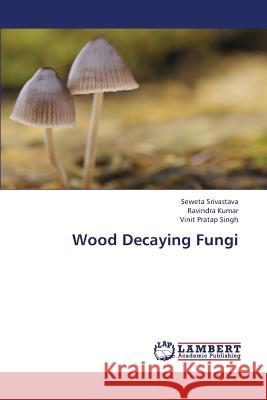Wood Decaying Fungi » książka
Wood Decaying Fungi
ISBN-13: 9783659326370 / Angielski / Miękka / 2013 / 76 str.
Wood decay is a deterioration of wood by primarily enzymatic activities of microorganisms. For practical purposes, fungi are the only agents of wood decay. Fungi which grow on wood are sometimes called "lignicolous" fungi. But why develop a set of keys limited to fungi utilizing wood as a substrate? After all, being lignicolous does not define a taxonomic category. Lignicolous fungi include ascomycetes and basidiomycetes and a large number of classes and orders within each of these groups. Most of these taxa include both lignicolous and terrestrial species. Rather than taxonomy, the keys focus on the biological activity holding this otherwise disparate group of fungi together: their ability to degrade cellulose and lignin, the major components of wood. Forest trees and valuable landscape trees can be infected and rotted by these fungi. Knowing the species growing on a tree can help the forester determine the likely extent of loss. Different species are associated with different amounts of decay in the tree. Additionally, some species are restricted to sapwood and will not affect the merchantable volume of heartwood. Some fungi can decay sound wood; others decay only decaying wood.











